Top 10 Crypto Wallets in 2025: Features, Security, and Usability

With the constant growth of cryptocurrencies in 2025, choosing a proper crypto wallet is very important. If you invest in cryptocurrencies, learning about the best crypto wallets in 2025 can really help you manage your digital assets well. This guide reviews the leading wallets and points out their main features, how secure they are and how easy they are to use.
Understanding Crypto Wallets
What is a Crypto Wallet?
A crypto wallet is a digital tool that allows users to store, send, and receive cryptocurrencies. It stores the information needed to help you access and control your crypto assets safely. Before you select a wallet, learn about software crypto wallets 2025, hardware wallets and decentralized crypto wallets.
Importance of Choosing the Right Wallet
Taking the time to use the recommended wallet will help protect your assets and give you an easy user experience. Choosing a crypto wallet security features depends on its security options, how easy it is to use and how well it works with different devices and systems. Finding the right wallet can make your crypto transactions more safe and easy to use.
Criteria for Evaluating Crypto Wallets
Security Features
By 2025, major crypto wallets make sure their users stay secure by adding multisignature support, biometrics and total encryption. They stop other people from getting into your account and keep threats away. Ledger Nano X and Trezor Model T are well known for their secure features.
Usability and User Experience
An interface that’s easy to use benefits everyone, regardless of their skills. Exodus and Trust Wallet are user-friendly wallets which make it simple to handle your cryptocurrencies. It also helps that users can manage their cryptocurrency with ease and know exactly how much they’ll be charged.
Supported Cryptocurrencies
The most useful wallets allow you to store different cryptos, including Bitcoin, Ethereum and any new altcoins that appear. Because of this, users can handle multiple types of assets from one platform. For example, MetaMask supports Ethereum and all EVM-compatible networks.
Compatibility with Devices and Platforms
Checking whether your wallet suits your devices and platforms is necessary. Top wallets can be used in a variety of ways, through applications on your computer or mobile device.
Top 10 Crypto Wallets in 2025
1. Ledger Nano X
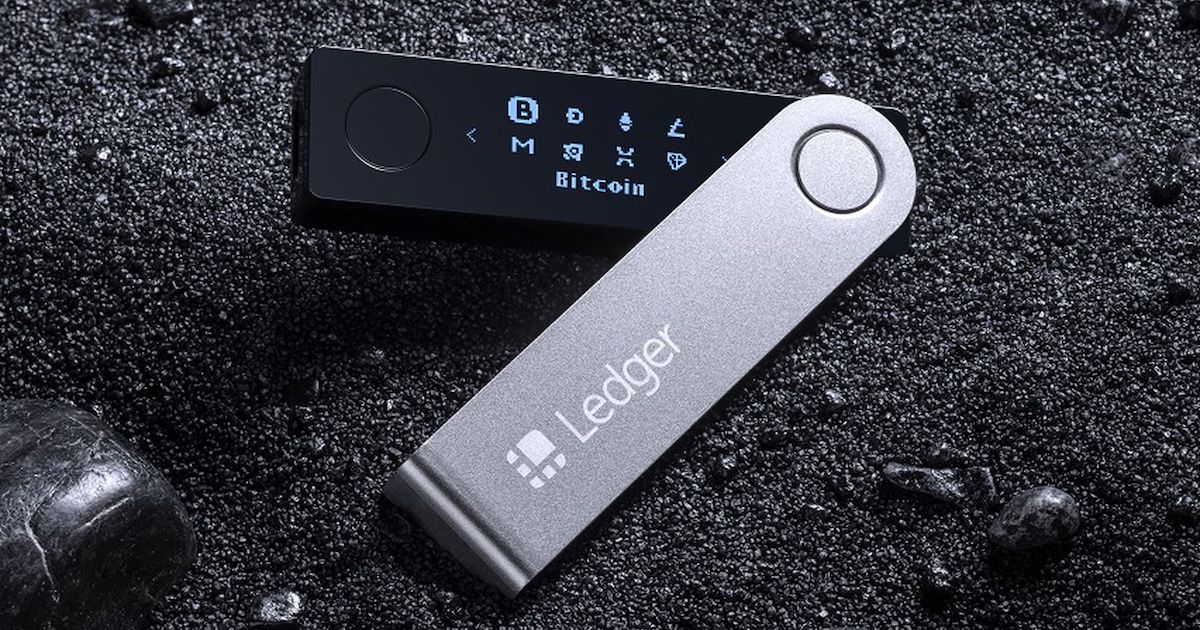
The Ledger Nano X allows you to connect your wallet to your phone via Bluetooth and supports more than 5,500 cryptocurrencies. There is a secure chip and a display included to make checking transactions secure.
Pros:
- Taking care of your safety with offline storage.
- Provides access to a large variety of cryptocurrencies.
- Can be used on the go with Bluetooth for easy pairing.
Cons:
- Costs more than most other options for hardware wallets.
- Can only be managed with the Ledger Live software.
2. Trezor Model T
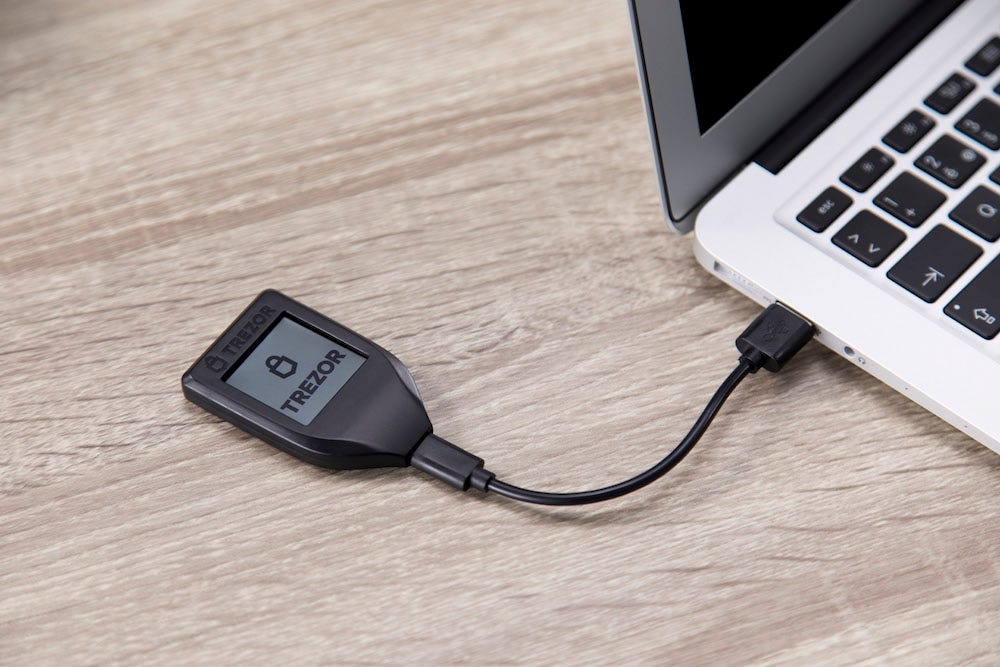
Trezor Model T is a hardware wallet that includes a screen and strong security, as well as compatibility with various digital currencies. There is secure offline storage and updates to the firmware come regularly.
Pros:
- User-friendly operation for all touchscreen actions.
- Frequent updates to the software’s security.
- Provides access to a large variety of cryptocurrencies.
Cons:
- There are no native staking or NFT benefits.
- Lacks a mobile app.
3. Exodus
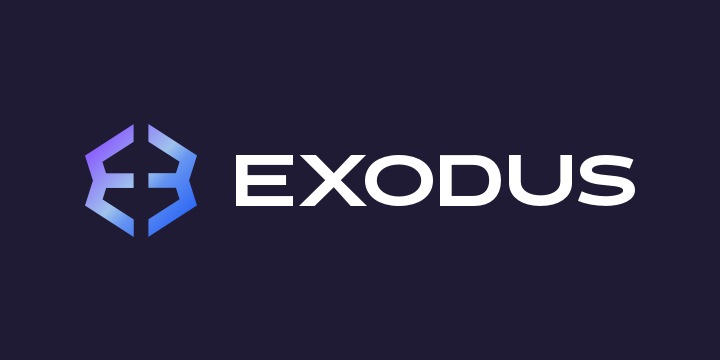
Exodus is a wallet program designed for easy use and is compatible with more than 250 different cryptocurrencies. It comes with an exchange and staking feature.
Pros:
- Easy-to-use interface.
- Already included support for exchange and staking.
- Provides access to a large variety of cryptocurrencies.
Cons:
- Lacks advanced security features.
- Not open-source.
4. MetaMask
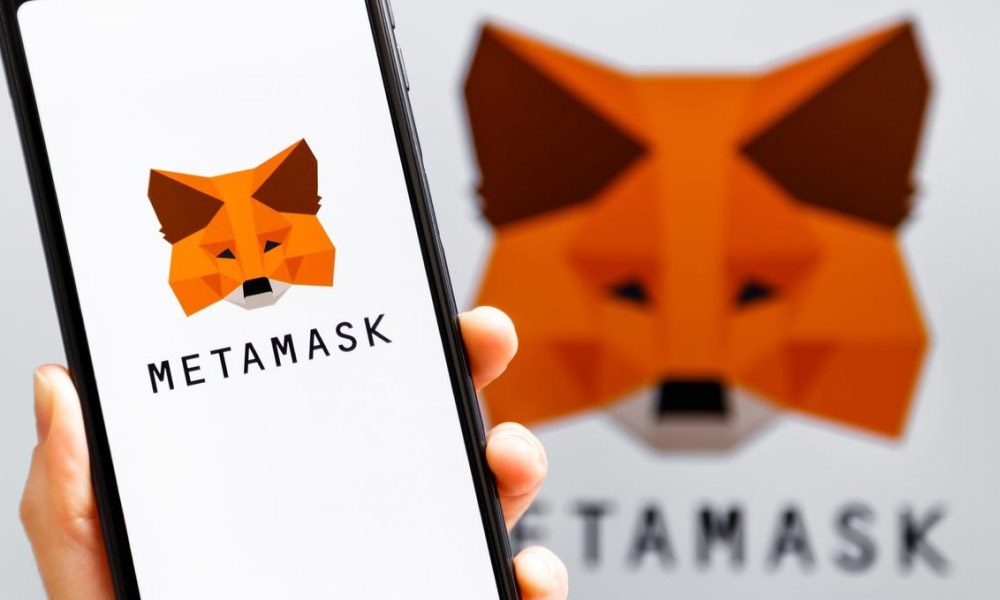
MetaMask is designed to hold and manage ETH-based tokens from both your browser and your phone. The platform works with ERC-20 tokens and connects to different decentralized applications (dApps).
Pros:
- Smooth connection with decentralized apps.
- Provides support for ERC-20 tokens.
- User-friendly interface.
Cons:
- Only allows trading Ethereum-based assets.
- There is no desktop version of this program.
5. Trust Wallet
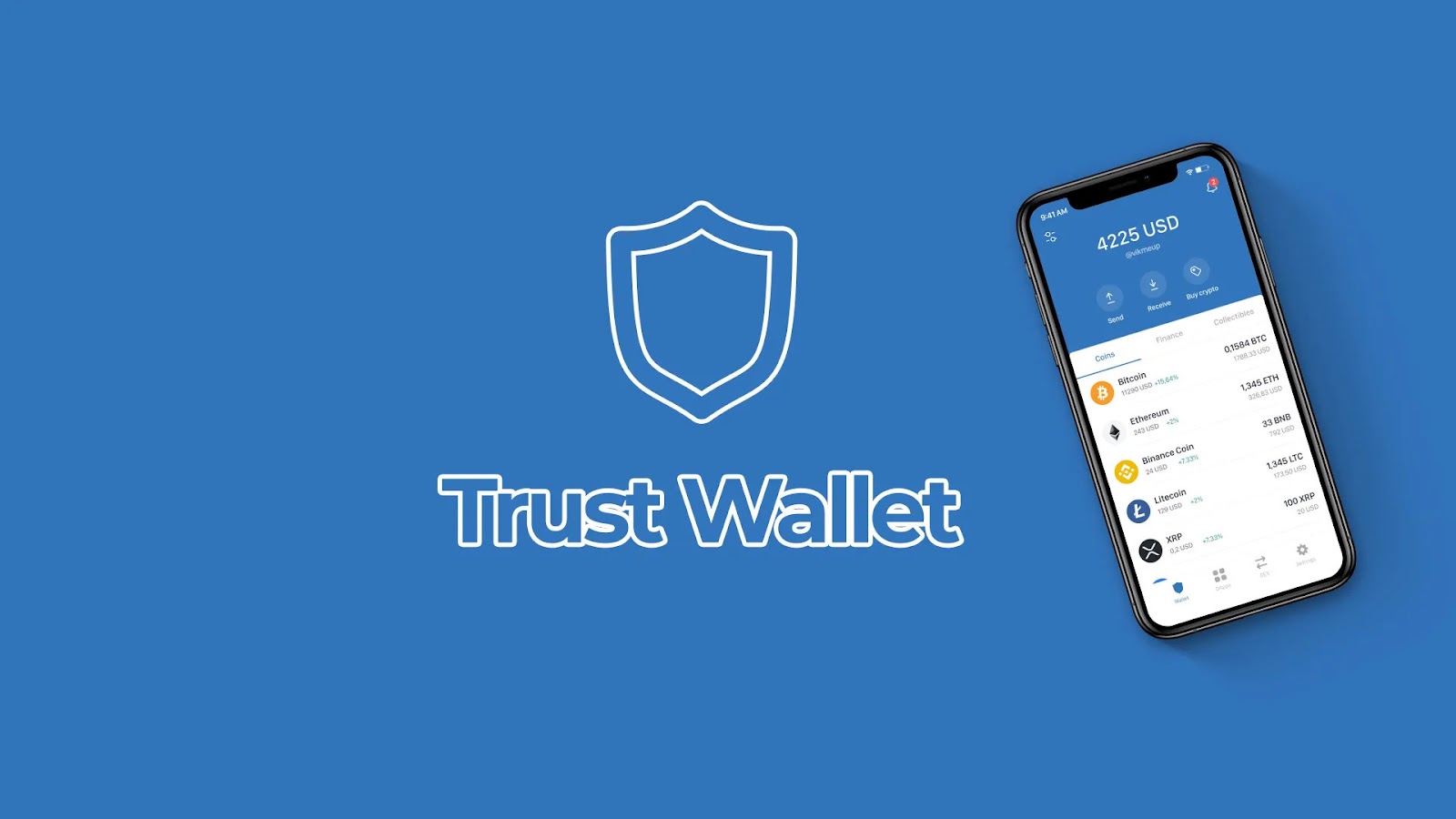
Trust Wallet can store many different cryptocurrencies and tokens on your phone. You can use it with staking, the Web3 browser it comes with and also connect it to different decentralized exchanges.
Pros:
- Works with many types of cryptocurrencies.
- A Web3 browser is already included.
- User-friendly interface.
Cons:
- Mobile-only application.
- Just a few advanced options are available.
6. Coinbase Wallet
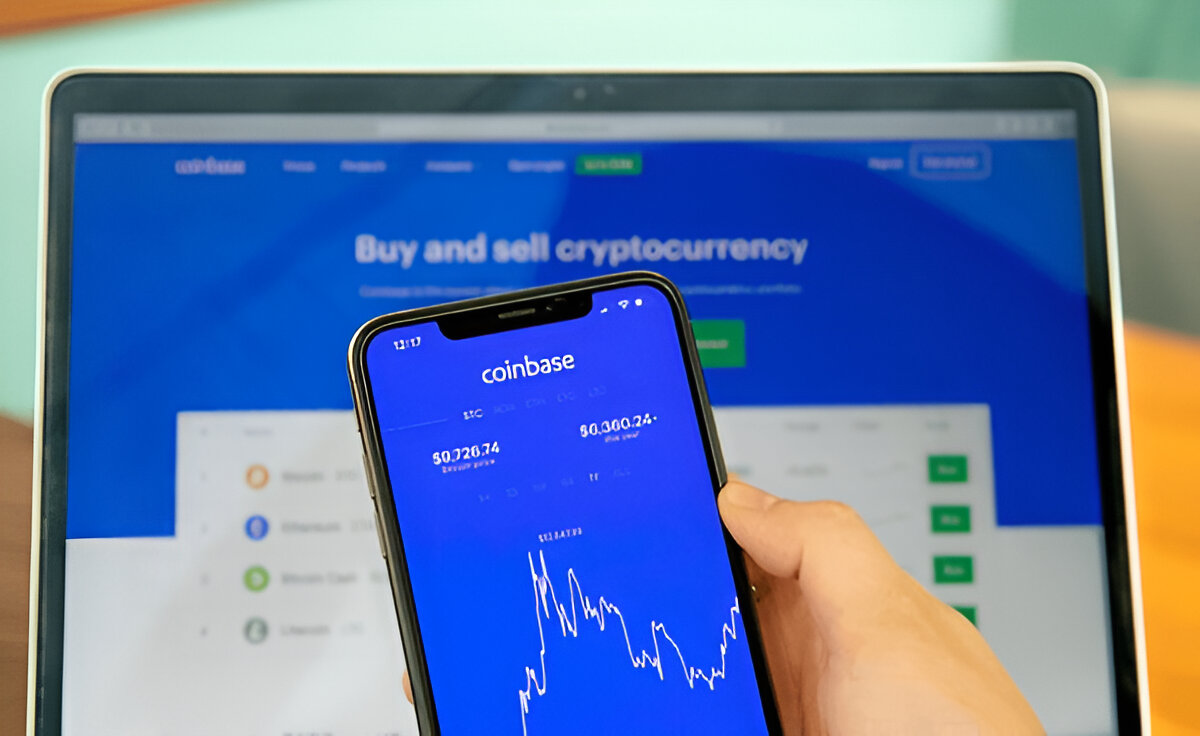
Coinbase Wallet is both a safe mobile wallet and browser extension for users to store their crypto and NFTs. Users can link with the Coinbase exchange and trade multiple types of assets.
Pros:
- User-friendly interface.
- Direct integration with the Coinbase exchange is possible.
- Support for numerous assets.
Cons:
- Cloud-based backup may raise security concerns.
- Just a few advanced options are available.
7. Electrum
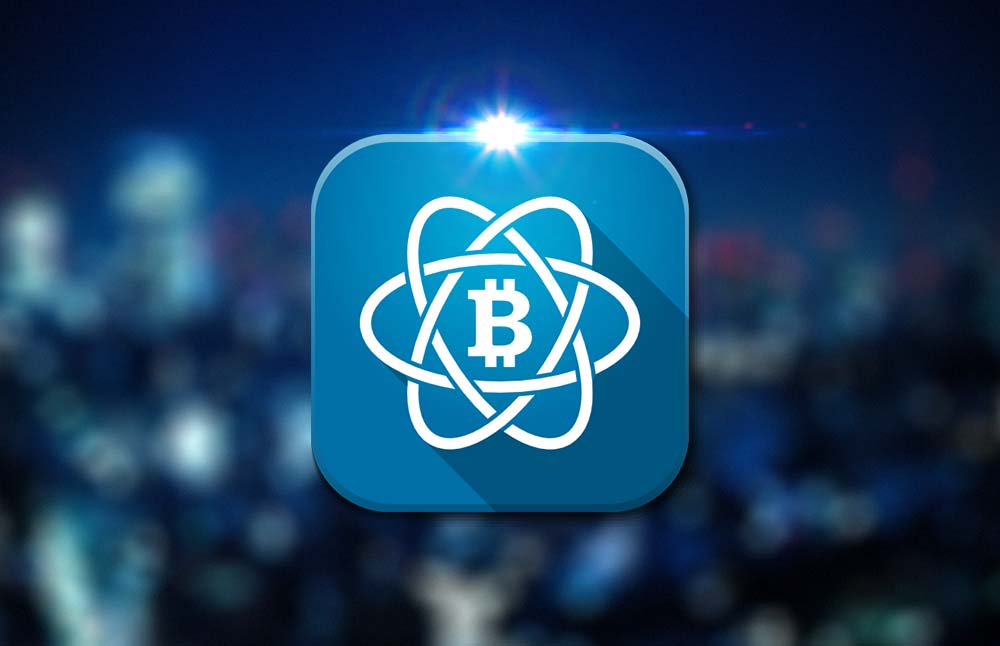
Electrum is simple and fast when compared to other Bitcoin wallets, as it doesn’t need complex tools. It has advanced details like multi-signature authentication and integration with hardware wallets.
Pros:
- Quick and easy to use.
- Multi-signature is included as an advanced security option.
- Open-source software.
Cons:
- Limited only to Bitcoin.
- New users might find it harder to work with.
8. Mycelium
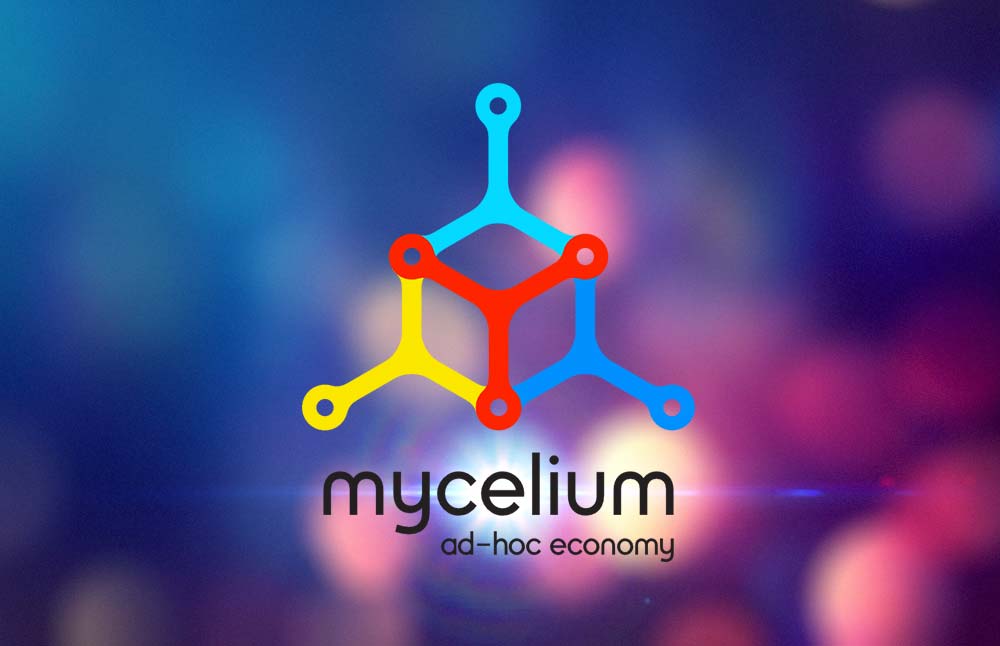
Mycelium is a wallet application that delivers extra privacy and works with hardware wallet devices. Features in the app include nearby trading and messaging that is protected by encryption.
Pros:
- Strong privacy options.
- Hardware wallets are supported.
- Secure messaging.
Cons:
- Mobile-only application.
- Few currency pairs are offered.
9. Atomic Wallet
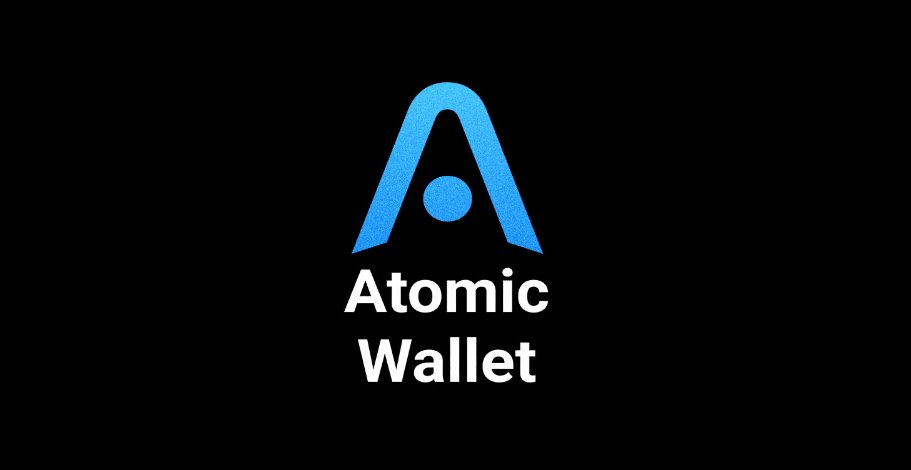
Atomic Wallet is a decentralized platform used for storing more than 300 cryptocurrencies. The app includes staking, atomic swaps and an integrated exchange.
Pros:
- Allows trading for many different cryptocurrencies.
- You can carry out exchange and staking within the platform.
- Decentralized and non-custodial.
Cons:
- Relatively new in the market.
- Some users have occasionally found bugs.
10. Guarda Wallet
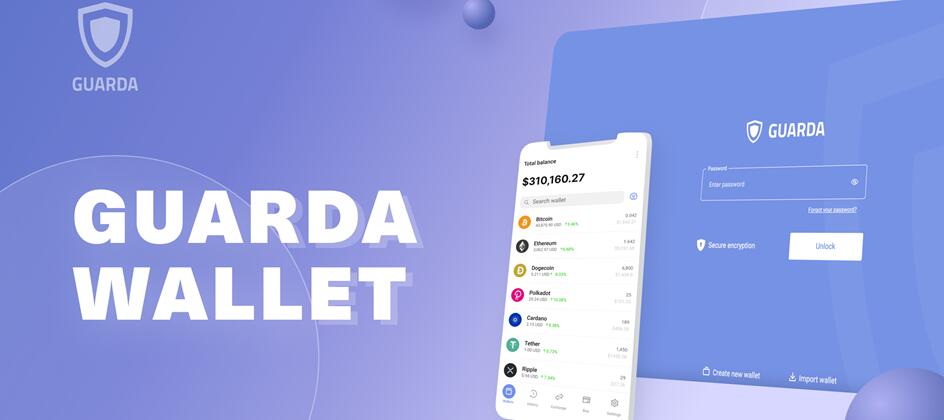
The Guarda Wallet is designed to store multiple kinds of cryptocurrencies, supporting over 400,000 at present. It comes with staking, its own exchange and compatibility with hardware wallets.
Pros:
- Works with many types of cryptocurrencies.
- You can carry out exchange and staking within the platform.
- Use with hardware wallets is supported.
Cons:
- Higher fees are charged when making trades.
- Still an emerging company.
Hot Wallets vs. Cold Wallets
Definitions and Differences
Hot wallets are online wallets that help users get to their cryptocurrencies quickly and easily. They are best suited for those who exchange currency often and trade a lot. Examples are MetaMask, Trust Wallet and Coinbase Wallet.
Cold wallets are wallets that are not connected to the internet and are designed to provide a more secure way to store cryptocurrencies. They help you save assets for the long run. Examples of these devices are Ledger Nano X, Trezor Model T and Tangem Wallet.
When to Use Each Type
Whether you use a hot or cold wallets depends on how you would like to use your crypto and how comfortable you are with risk. People who deal with their funds often choose hot wallets for quick usage. When security is important and you intend to keep your assets for a while, cold wallets are generally better.
Custodial vs. Non-Custodial Wallets
Understanding Custodial Wallets
Custodial wallets are run by outside organizations, including cryptocurrency exchanges. Under this method, the service provider takes charge of the private keys for the user. On the one hand, this makes things easier for users, but it also means users must rely on the provider’s protect
Understanding Non-Custodial Wallets
Non-custodial wallets allow users to manage their private keys and all the cryptocurrencies in their account. Since everything is set up this way, users are expected to do everything to keep their private keys safe. Examples are Exodus, Electrum and Mycelium.
Pros and Cons of Each
Custodial wallets are simple to use and usually connect with exchange platforms which makes them a good pick for new users. Still, these systems put users at risk from control by others and possible security compromises. Because non-custodial wallets are more secure, users are required to always be careful with their keys for safety.
Choosing the Right Wallet for Your Needs
For Beginners
For newcomers, choosing wallets that offer both protection and ease of use is generally beneficial. People can easily use Trust Wallet and Coinbase Wallet because they are both convenient and support many types of cryptocurrencies. With these wallets, new users can move around in the crypto world effortlessly.
For Advanced Users
People who demand more safety and special features can use wallets such as Ledger Nano X or Trezor Model T. People with important cryptocurrency investments find multi-signature security and safe offline storage helpful in these hardware wallets.
For Mobile Users
Anyone wanting to keep control of their cryptocurrencies at all times can use MetaMask and Trust Wallet. You can use these wallets on your mobile phone, as they work on multiple operating systems.
For Desktop Users
Many desktop users want wallets that provide multiple features and give them more control over their coins. If you mainly access your cryptos on a computer, Electrum and Exodus provide clear details of your transactions, let you choose the fee rate and allow you to manage different cryptocurrencies.
Conclusion
Summary of Top Wallets
By 2025, there are many types of cryptocurrency wallets designed to suit different users. Users can choose MetaMask and Trust Wallet for everyday usage or switch to Ledger Nano X and Trezor Model T when they need more security for keeping their cryptocurrencies for a longer time. Different control options are available to users, thanks to the spread between custodial and non-custodial wallets.
Final Recommendations
Choosing a crypto wallet is influenced by your personal tastes, ways of investing and the level of security you want. People new to crypto usually use Coinbase Wallet, while more advanced users rely on hardware wallets for safety. Users on their phones can choose Trust Wallet, while those on desktops often go for Exodus because of its various features. Taking the time to look at how each wallet type functions, how secure it is and how easy it is to use will help you decide which to use.
Frequently Asked Questions (FAQs)
What is the most secure crypto wallet in 2025?
Cold wallets, such as Ledger Nano X and Trezor Model T, are considered the most secure due to their offline storage, which protects against online threats.
What is the difference between a hot wallet and a cold wallet?
Hot wallets are connected to the internet, offering convenience for daily transactions but are more susceptible to cyberattacks. Cold wallets are offline, providing enhanced security for long-term storage.
Are hardware wallets safer than software wallets?
Yes, hardware wallets are generally safer as they store private keys offline, reducing exposure to online threats. However, they require careful handling to prevent physical loss or damage.
Can I use multiple crypto wallets simultaneously?
Yes, using multiple wallets can help segregate funds for different purposes, such as daily transactions and long-term storage, enhancing overall security and organization.
What features should I look for in a crypto wallet?
Key features to consider include security measures (like two-factor authentication), user-friendly interface, support for multiple cryptocurrencies, compatibility with your devices, and backup options.
What happens if I lose access to my crypto wallet?
If you lose access to your wallet, recovery depends on the type of wallet and whether you have backed up your recovery phrases or keys. Without backups, it may be impossible to retrieve your assets.
Disclaimer
“This content is for informational purposes only and does not constitute financial advice. Please do your own research before investing.”






